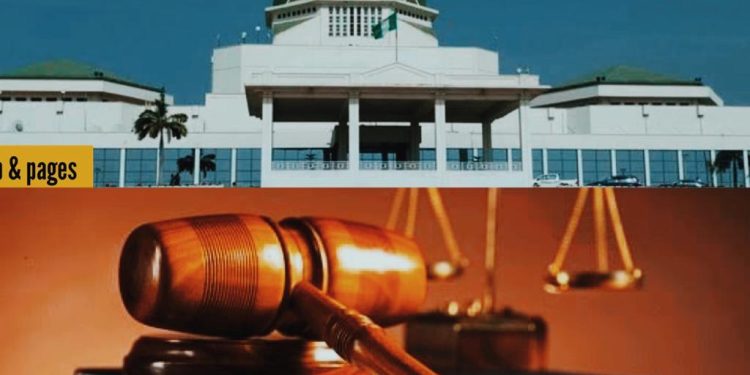Nigeria is a country that has been grappling with issues related to structure and governance for many years. The debate around restructuring has gained momentum in recent times as people seek solutions to various challenges facing the nation.
In this article, we will examine some of the key arguments for and against constitutional amendments aimed at restructuring Nigeria.
- Arguments For
Better Resource Allocation
One of the primary reasons why many Nigerians are advocating for restructuring is due to concerns about resource allocation . Currently, there is a sense that certain regions are not receiving their fair share of resources which can lead to feelings resentment marginalization. Advocates argue that if more power was given states they would be able better manage distribute resources within their own jurisdictions fairly equitably .
Greater Political Stability

Another argument in favor restructuring revolves around creating greater political stability across country. Some believe that current system whereby state governments depend solely federal government revenue allocations fosters unhealthy competition amongst regions leading tensions conflicts between different levels governance . With restructured system each region be responsible generating its own revenue thereby reducing dependency central authorities promoting stability overall.
Enhanced Economic Prosperity
Finally, supporters claim that restructuring could help promote economic prosperity by allowing regions greater autonomy over how they develop their economies without being held back by regulations from centralized government agencies. This would allow local businesses entrepreneurs more freedom operate innovate as well attract foreign investment create jobs improve standard living citizens nationwide.
- Arguments Against
National Unity Threatened

Detractors argue any attempt restructure Nigeria inherently threatens national unity since it may provide avenue secessionists calls who want breakaway form independent territories outside existing boundaries – particularly those ethnic groups located predominantly southern parts country .
Regional Conflicts May Worsen
Opponents also point out potential risks associated with restructuring which could lead increased regional conflicts. For example, if power is devolved state level some regions may become more powerful than others leading tensions conflict between different ethnic groups.
Lack of Political Will to Implement
Finally, there are concerns that the political will necessary implement such changes may not exist within current leadership structures. The process changing constitution require significant effort time commitment from all stakeholders including politicians civil society actors business leaders among others – and without their support it’s unlikely any major reforms would be achieved.
In A Nutshell
The debate around restructuring Nigeria is a complex issue with many competing interests at play . While supporters argue for greater autonomy better resource allocation economic prosperity , detractors warn against potential risks national unity lack political will necessary achieve meaningful change. Ultimately, it is up to Nigerians themselves decide whether or not they believe constitutional amendments aimed at restructuring country are worth pursuing in pursuit positive social economic outcomes across nation as whole.
















